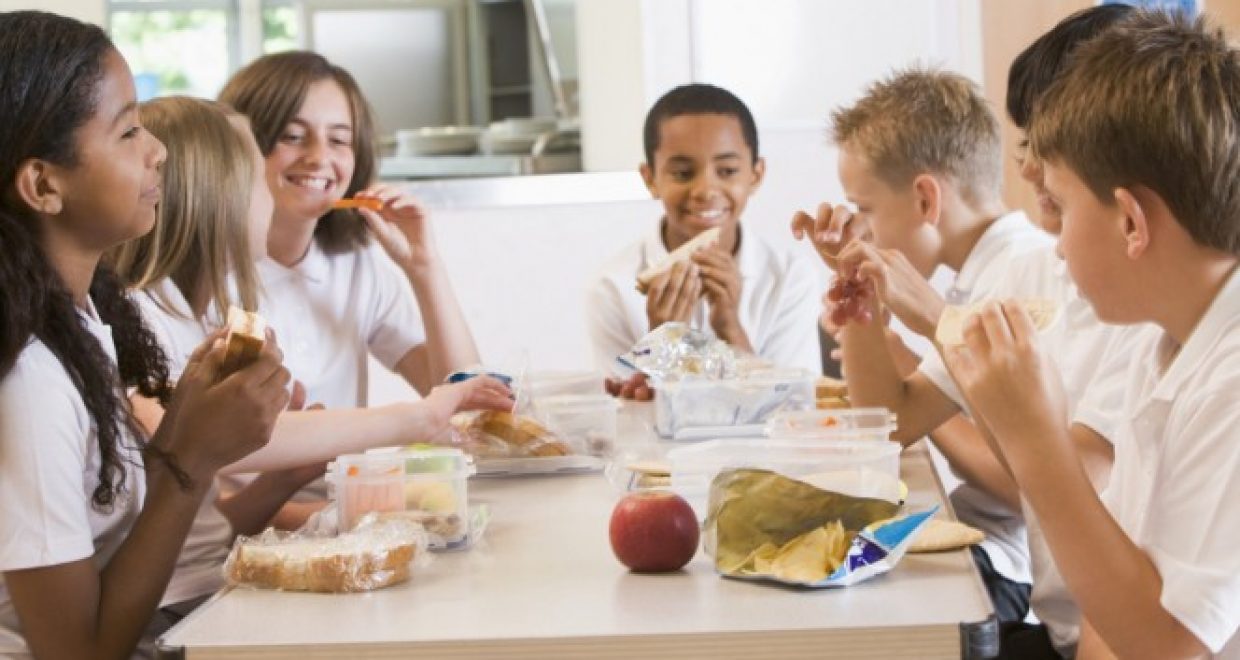Better Diet Quality may Improve Cognition in Children
A recent Finnish study shows that better diet quality is related to better cognitive performance among 6–8 year old children. The results published in the British Journal of Nutrition are part of the Physical Activity and Nutrition in Children (PANIC) Study conducted at the University of Eastern Finland.
The study investigated the relationships of the Baltic Sea type and the Dietary Approaches to Stop Hypertension (DASH) dietary patterns to cognition in a population based sample of 428 children aged 6–8 years. Stricter adherence to the Baltic Sea type and the DASH dietary patterns, indicated by a higher consumption of vegetables, fruit and berries, fish, whole grain products, and a lower consumption of red meat, was associated with better cognitive performance. Of the components of these dietary patterns particularly higher consumption of vegetables, fruit and berries and fish and a lower consumption of red meat was related to better cognition. The associations of dietary patterns with cognition were stronger in boys than in girls.
In conclusion, a poorer diet quality was associated with worse cognition in children and the relationship was stronger in boys than in girls
This article is freely available for two weeks via the following link: journals.cambridge.org/bjn/panic
For further information, please contact:
Eero Haapala, Ph.D. Institute of Biomedicine, University of Eastern Finland, eero.haapala@uef.fi
Website of the Physical Activity and Nutrition in Children (PANIC) Study:
http://www.uef.fi/en/biolaaketiede/lasten-liikunta-ja-ravitsemus






Good Nutrition is very important for health. It helps students show up at school prepared to learn. Because improvements in nutrition make students healthier and intelligent.
I can confirm this from observation of children coming to my clinic to manage their weight as they enroll in our programs the change in ability to concentrate do homework and participate positively in class is noticed and documented by their parents or teachers